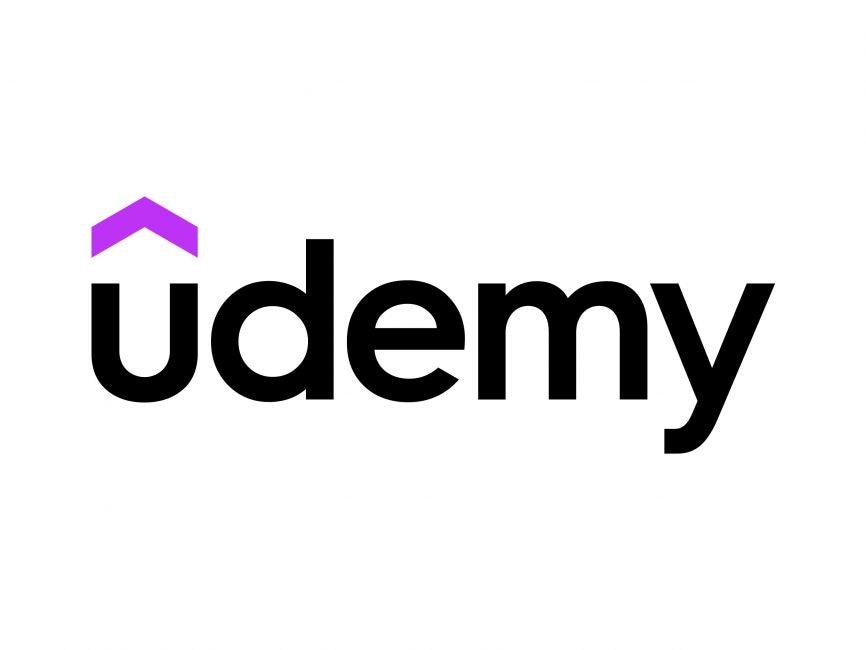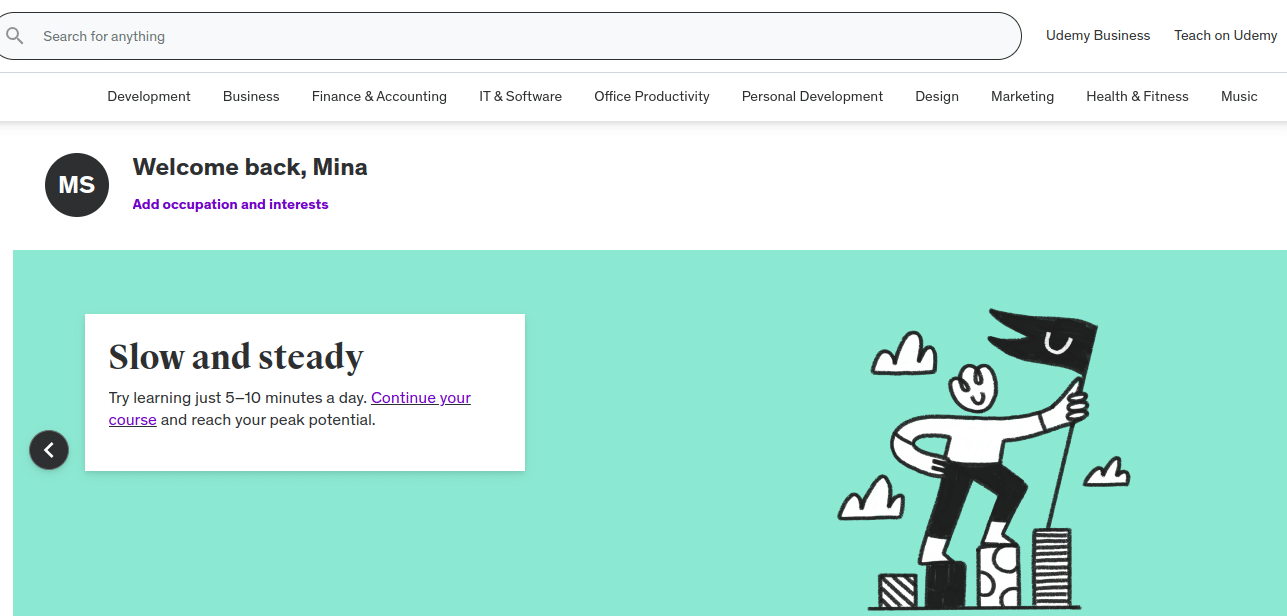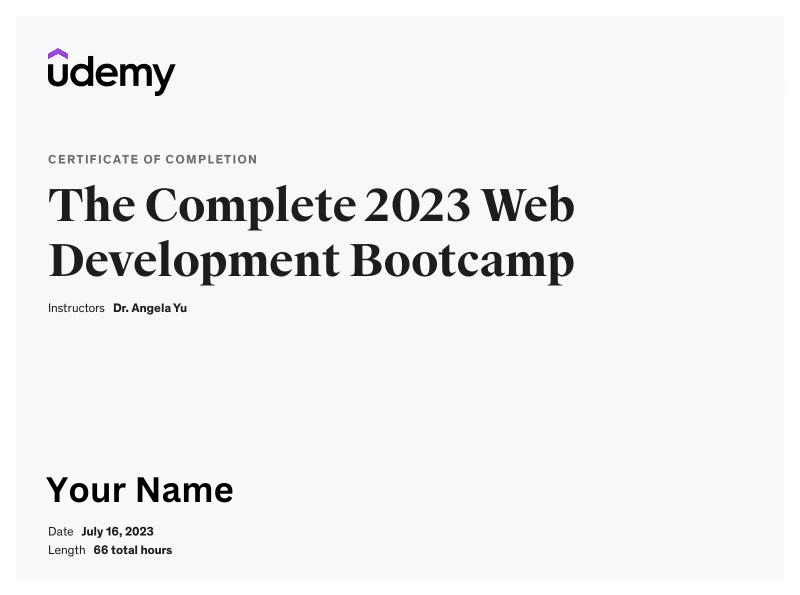
Online learning has become a huge part of how we grow our skills and advance our careers. And when it comes to finding affordable, high-quality courses, Udemy is one of the first platforms that comes to mind. Whether you’re looking for a free Udemy coupon to save some cash, trying to snag the best Udemy Black Friday deals, or simply exploring what this platform has to offer, there’s a lot to consider. In this review, we’ll dive deep into everything Udemy has going for it in 2025—covering everything from pricing and course variety to support and discount strategies. By the end, you’ll know how to get the most out of Udemy without breaking the bank.
Table of Contents
Course Variety and Topics Covered

One of the best things about Udemy is the sheer variety of courses it offers. Seriously, whatever you’re into, there’s probably a course for it. From tech-heavy topics like programming, data science, and web development to creative areas like photography, design, and even personal development—Udemy has you covered. Whether you want to pick up a new skill for your job or just explore a hobby you’ve always been curious about, you’ll find something here.
Udemy’s courses range from beginner-friendly to advanced, so you can learn at your own pace, no matter your experience level. Plus, it’s not just about traditional business or tech courses—you’ll also find classes on personal wellness, fitness, cooking, and even music production. This variety makes Udemy a go-to for both professionals looking to upgrade their skills and people who just want to explore new passions.
And the best part? New courses are constantly being added, so there’s always something fresh to discover.
Instructor Quality and Course Creation Process
When it comes to learning online, the quality of the instructor can make or break the experience, right? Luckily, Udemy has a pretty wide range of instructors, from industry experts to passionate hobbyists who really know their stuff. You’ll find professionals who are leaders in their fields—like seasoned developers, marketers, or designers—sharing their real-world experience in a way that’s easy to understand. That said, the quality can vary a bit depending on the instructor, so it’s always a good idea to check out course reviews before diving in.
What’s cool about Udemy is that anyone with expertise can create a course. It’s a double-edged sword, though—on the one hand, it means there’s a massive variety of content; on the other hand, it also means you’ll want to choose your courses wisely to make sure you’re getting quality instruction. The platform gives instructors a lot of freedom, so some courses are polished and professional, while others might feel a bit more “homemade.”
Instructors are also rated by students, so the cream tends to rise to the top, making it easier to spot the high-quality courses. Plus, with Udemy’s huge community of learners, you can usually find detailed feedback to help you pick the best courses from the most experienced instructors.
Course Format and Learning Style
We all have different ways of learning, and Udemy gets that. The platform offers a variety of course formats to suit different learning styles, making it easy to find something that works for you. Most courses are video-based, where instructors break down complex topics into bite-sized, easy-to-digest lessons. The videos are typically pre-recorded, so you can learn at your own pace—whether you want to binge-watch an entire course over the weekend or take your time over a few weeks.
But it’s not just about watching videos. Many Udemy courses include quizzes, assignments, and downloadable resources like PDFs or code files to help reinforce what you’ve learned. This mix of formats is great for people who prefer more hands-on learning, allowing you to practice as you go. Plus, some instructors include interactive elements like Q&A sections where you can ask questions or connect with fellow students, which adds a bit more of that classroom feel.
Whether you’re a visual learner, someone who likes hands-on practice, or prefer a more structured approach, Udemy has options that can fit your style. It’s all about picking a course that’s designed in a way that works best for how you absorb information.
Pricing Models and Free Course Availability
Let’s be real—price plays a huge role when deciding which online courses to choose. The good news? Udemy offers a ton of flexibility, no matter your budget. You can find free courses, or pay anywhere from $10 to $200 depending on the course and the timing. Udemy loves to run big sales, and if you time it right, you can snag those $100+ courses for as little as $10 during promotions or the ever-popular Udemy Black Friday sale.
If you want something more consistent, Udemy recently launched its Personal Plan. For $20 per month or $190 per year, you get unlimited access to thousands of premium courses—perfect if you’re constantly learning new things or want a more structured path to improve your skills. Think of it like a Netflix subscription for your brain! It’s an awesome option for people who want to dive deep into several areas without paying for individual courses.
Now, if you’re on the hunt for even better deals, free Udemy coupons are a game-changer. These coupons let you access select courses at no cost, and they pop up more often than you’d expect. Some instructors offer them directly, or you might find them on deal websites or special promotions. One of the best places to find a collection of these free courses is Real Discount, a website that curates all the current free Udemy courses available. It’s definitely worth bookmarking if you’re serious about learning without spending a dime.
Skillshare vs Udemy: A Detailed Comparison

If you’re deciding between Skillshare and Udemy, it really comes down to what you’re looking for in an online learning platform. Both platforms offer great learning opportunities, but they have different strengths and approaches.
Course Variety
Udemy offers a huge selection of courses—on pretty much any topic you can imagine, from programming to personal development. Skillshare, on the other hand, focuses more on creative fields like design, photography, and illustration. While both platforms offer professional and creative courses, Udemy covers a much broader range of topics overall.
Pricing Models
The pricing model is one of the biggest differences between the two. Udemy sells courses individually, and as we’ve mentioned, you can often find huge discounts or use free Udemy coupons. Additionally, Udemy now offers a Personal Plan subscription for $20/month and $190/year, giving you unlimited access to thousands of premium courses. This is a great option if you want more flexibility and ongoing learning without worrying about purchasing individual courses.
Skillshare, it’s all about subscriptions. For $49/year (or about $4.08/month), you get unlimited access to all their courses. It’s like an all-you-can-learn buffet, which is great if you want to explore a lot of different creative topics without paying for each course individually.
Learning Style
Udemy’s courses are typically more in-depth and vary widely in length—some are hours long and cover very technical topics. The courses are usually broken down into short video lessons, and you can take them at your own pace. Skillshare, on the other hand, tends to have shorter, more project-based courses. If you like the idea of diving into creative projects and getting hands-on quickly, Skillshare might be a better fit.
Instructor Quality
Both platforms have high-quality instructors, but the process of becoming an instructor is more open on Udemy. That means you’ll find a wider range of teaching styles and expertise. Skillshare tends to attract more creatives who are both teaching and learning on the platform, which can result in a more community-driven vibe. However, if you’re looking for highly specialized or industry-leading instructors, Udemy’s larger pool of professionals might be more appealing.
Certificates and Recognition
Udemy offers certificates of completion for paid courses, which can be a nice bonus if you’re looking to show potential employers or clients that you’ve built up some new skills. Skillshare doesn’t offer certificates, so if that’s important to you, Udemy has the edge.
Which Is Right for You?
If you’re looking for deep, detailed learning on a wide variety of subjects (and especially if certifications matter to you), Udemy is probably your best bet. But if you’re more interested in creativity, want to experiment with lots of different skills, and prefer a subscription model, Skillshare might be a better fit for your learning style.
Want to learn more about Skillshare? Check out this link for detailed information on what they offer.
In the end, it really depends on what you want to learn and how you prefer to do it. Both platforms offer valuable experiences, so it’s about finding the one that works best for your goals!
Student Support and Platform Assistance
When you’re learning online, having good support can make a world of difference, especially if you run into issues with a course or need help navigating the platform. Luckily, Udemy has a pretty solid system in place to make sure you’re not left hanging.
24/7 Customer Support
Udemy offers 24/7 support, so whether you’re having trouble accessing a course or have questions about payments, you can reach out to their team anytime. You can easily submit a support request via their help center or drop them an email. Their response times are usually quick, and they cover a wide range of issues, from technical glitches to course-related concerns.
Extensive Help Center and FAQs
If you prefer solving things on your own, Udemy’s Help Center is packed with useful articles and FAQs. Whether you’re confused about the platform, payments, or course access, the help center often has the answers. It’s a great resource for quick solutions without needing to wait for a response.
In-Course Q&A and Community Support
One of Udemy’s standout features is the Q&A section within each course. Here, you can ask questions directly to the instructor or even get answers from fellow students. This gives you the chance to clarify any doubts or get additional insights, making the learning experience more interactive and engaging. Instructors are often responsive, and the community is helpful, especially if you’re stuck on a particular lesson.
Refund Policy
A big plus for Udemy is its 30-day refund policy. If you’re not happy with a course, you can request a refund with no hassle. This gives you peace of mind, knowing that if the course doesn’t meet your expectations, you won’t lose your money. It’s a great safety net, especially when trying out new instructors or topics.
Overall Support Experience
Udemy really shines when it comes to student support. Whether it’s 24/7 assistance, a comprehensive help center, or the interactive Q&A feature, they’ve got you covered. And with their generous refund policy, you can explore courses with confidence, knowing help is always just a click away.
Certification and Course Completion

Udemy offers a certificate of completion for all paid courses, which can be a nice way to showcase your new skills to employers or on your LinkedIn profile. While these certificates aren’t officially accredited, they can still add value by demonstrating your dedication to learning. Once you complete a course, the certificate is automatically generated and available to download or share. It’s a quick, easy way to show off your progress and accomplishments.
Mobile Learning and Accessibility

Udemy makes it easy to learn on the go with its mobile app, available for both iOS and Android. You can access all your courses, watch videos, and even download content for offline viewing. This flexibility is great for learning during commutes or when you don’t have a reliable internet connection. The platform is also accessible on desktops and tablets, ensuring you can switch between devices seamlessly. Whether you’re at home or on the move, Udemy’s mobile learning experience is smooth and convenient.
Udemy Alternatives for Specific Niches
While Udemy offers a wide variety of courses, sometimes you might want a platform that’s more specialized for a specific niche. For creative fields like design or photography, Skillshare is a popular alternative. If you’re into tech or coding, Coursera and edX provide more structured courses from top universities. For project-based learning, Pluralsight is a great option for developers and IT professionals. Depending on your learning goals, these platforms can be valuable alternatives to Udemy for more niche-focused content.
Conclusion and Recommendation
In the end, Udemy is a solid choice for anyone looking for flexibility, affordability, and a wide variety of courses. With its frequent discounts, free course options, and comprehensive support, it’s a great platform for both casual learners and professionals. However, if you’re looking for niche-specific learning, alternatives like Skillshare, Coursera, or Pluralsight might be worth considering. Ultimately, the best platform depends on your learning goals, budget, and preferred style. Take advantage of free trials and coupons to find the right fit for you!

